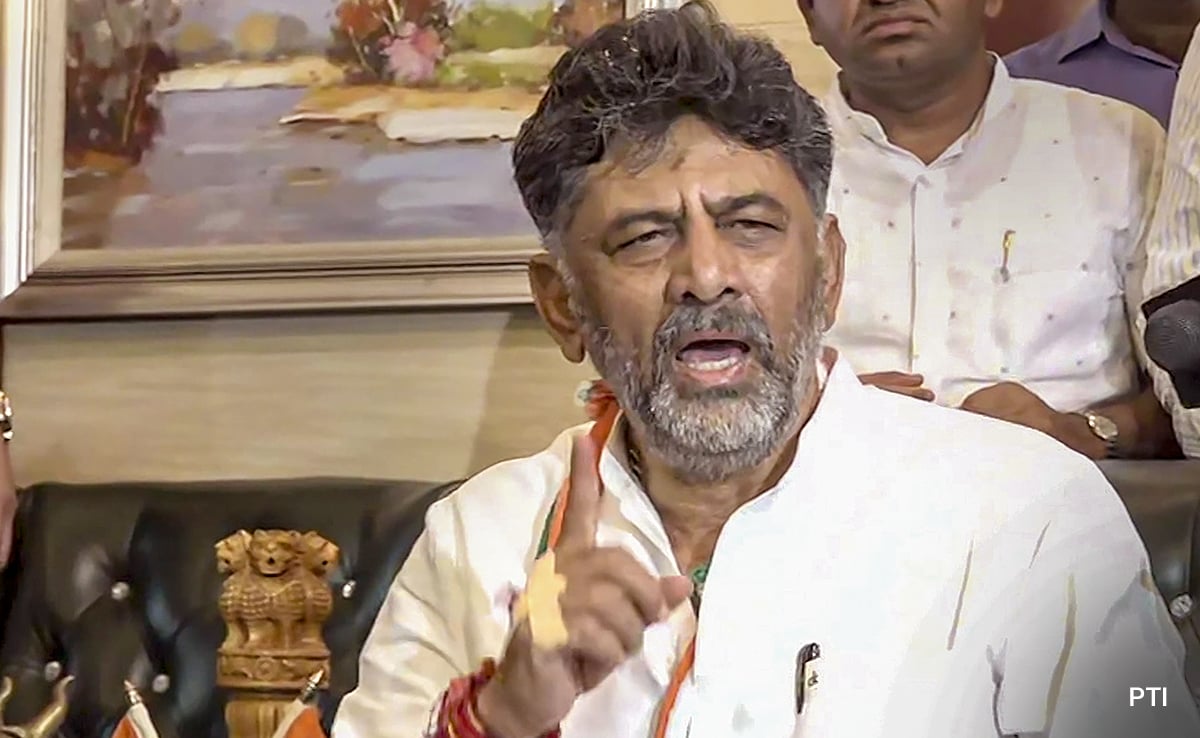
In a big relief to Karnataka’s Deputy Chief Minister DK Shivakumar ahead of Lok Sabha polls, the Supreme Court today dismissed a 2018 money laundering case against the Congress leader. The case pertained to allegations of tax evasion and hawala transactions worth crores.
The Congress leader was arrested by Enforcement Directorate (ED) officials in September 2019 in connection with this case. The Delhi High Court had granted him bail the next month. Mr Shivakumar had then accused the BJP of political vendetta and said he had full faith in the judiciary.
The ED’s investigation against the Congress leader had followed Income Tax department’s raids on premises linked to him and his aides in 2017. Officials had then said cash worth nearly Rs 300 crore was recovered in these raids. Mr Shivakumar had hit back, saying that the cash was linked to the BJP.
“Question of whether 120B IPC can constitute a predicate standalone offence to enable ED to invoke PMLA has already been decided by the Supreme Court,” the court said today.
In November last year, the Supreme Court ruled that criminal conspiracy – under 120 B of IPC – will be treated as a scheduled offence under the Prevention of Money Laundering Act only if the alleged conspiracy is to commit an offence included in the Schedule to the Act. The ED has sought a review of this ruling.
The court today said that the agency is free to see a recall of today’s order if the review request is accepted.
Mr Shivakumar had in 2019 approached Karnataka High Court and sought dismissal of summons issued by ED. On finding no relief there, he approached the Supreme Court.
Another corruption case against Mr Shivakumar is at the centre of a massive political row in Karnataka at this point. The Siddaramaiah-led government recently withdrew the sanction to CBI to probe the case. The central agency, which got a go-ahead in the case before the Congress came to power in Karnataka, has now challenged the new government’s move in court.
Mr Shivakumar has repeatedly accused the BJP of harassing him by misusing central agencies.
